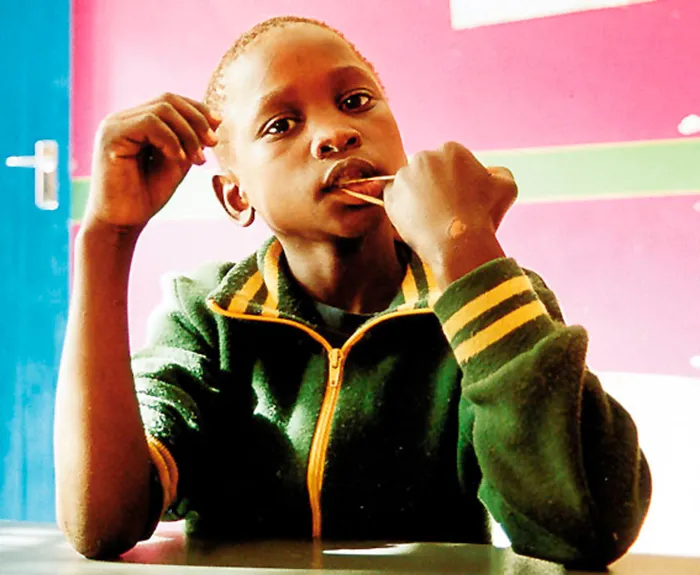South African children are suffering from poverty post Covid-19

Pre-school attendance remains below pre-Covid-19 levels and there are indications that child malnutrition and mortality rates have risen. Picture: Independent Media
The South African Early Childhood Review 2024 shows that the situation of young children has worsened since Covid-19.
Young children in South Africa are more likely to live in poverty, suffer from food insecurity and malnutrition, and die before their fifth birthday than they were before the Covid19 pandemic.
This is according to the South African Early Childhood Review 2024, which tracks data on the status of children under six years, and is jointly published by Ilifa Labantwana; the Children’s Institute at the University of Cape Town; the Department of Planning, Monitoring and Evaluation in the Presidency; the Department of Basic Education; the Grow Great Campaign; and DataDrive2030.
“The Covid-19 pandemic erased gains made for young children in South Africa, presenting a massive setback we have not fully recovered from,” said Dr Katharine Hall, Senior Researcher at the Children’s Institute at the University of Cape Town.
All essential services for young children were affected by the lockdown. Primary healthcare services have recovered but we still face backlogs in birth registration and early access to social grants.
Pre-school attendance remains below pre-Covid-19 levels and there are worrying indications that child malnutrition and mortality rates have risen, alongside rising poverty rates.
Leadership on early childhood development by the Department of Basic Education, the National Planning Commission, and social partners is already showing promise.
Building on this, the new Government of National Unity presents an unmissable opportunity to improve coordination among the national and provincial departments responsible for ECD and accelerate the expansion of essential and quality ECD services.
“This review comes at a critical juncture in our nation’s journey towards realising universal access to quality early ECD, especially for our most vulnerable children,” said Ms Kulula Manona, Chief Director for Foundations for Learning in the DBE.
Children’s long-term development relies on a package of interrelated and integrated services covering the period from conception to six years of age: healthcare; nutritional support; support for primary caregivers; social services and protection; and early learning.
IOL Lifestyle
Related Topics: